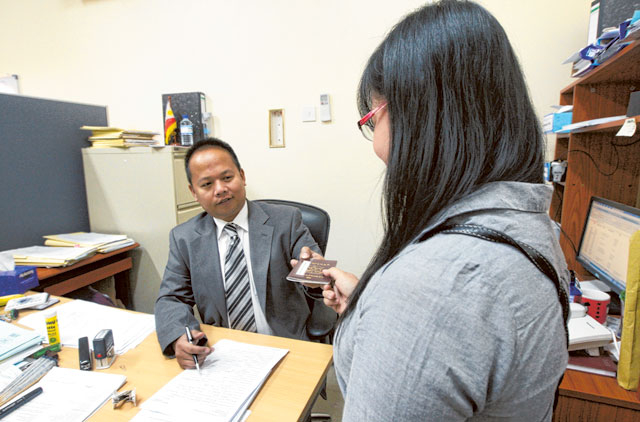Riyadh: The Saudi Arabian government has extended again its amnesty programme for undocumented Filipino migrants in the kingdom, officials said.
Citing an official statement from the Philippine Embassy in Riyadh, the Philippine Overseas Employment Administration (POEA) said the amnesty extension will expire on October 15, 2017.
The embassy was notified of the latest amnesty extension by the kingdom, which would give Filipinos illegally staying in Saudi Arabia more time to return home without facing sanctions.
POEA said those qualified to benefit from the amnesty includes especially those with expired Umrah, Haj and visit visas, pilgrims without Haj permits, and those who have crossed the border into the kingdom without permits.
Filipinos with expired residence identification cards, workers with work permits but with no ID, and workers who have been declared absconding by their employers or sponsors are also qualified for amnesty.
The Saudi government first implemented a 90-day amnesty programme in March 2017 that was then extended when it expired in June, according to the Department of Foreign Affairs (DFA).
Filipinos illegally staying in Saudi Arabia and who qualify for the extended amnesty must immediately apply to avoid being arrested, detained and made to pay corresponding penalties by the kingdom.
DFA records showed a total of 8,467 undocumented Filipinos have already availed of the initial amnesty offer.
Meanwhile, the Philippines and the United Arab Emirates (UAE) have signed a pact to ensure the protection of Overseas Filipino Workers (OFWs) and to strengthen the coordination between the two countries in the employment cycle.
The Memorandum of Understanding (MoU), signed by Labour and Employment Secretary Silvestre Bello III and his counterpart, UAE Minister for Emiratisation and Human Resources Saqr Ghobash, establishes cooperation between the two countries in terms of addressing issues on human trafficking and regulating recruitment agencies to ensure fair practices.
Under the agreement, the Philippines should ensure that OFWs deployed to UAE are briefed of the laws, policies, norms and culture of the destination country and the workers’ entry to the UAE is legal.
For its part, the UAE must properly implement employment contracts to uphold OFWs’ rights in compliance with its labour code and the new law on domestic workers.
More than 600,000 Filipinos are working in UAE, more than 100,000 of them are household service workers.













